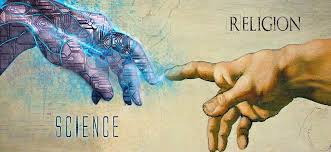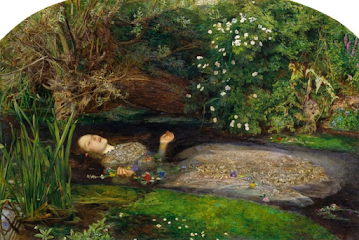Enlightenment Shouldn't End
“Test What I Say.” – Arthur Burt
On first glace when reading about the Enlightenment Age, my findings glorified that the century and half period was when man left God behind and decided to finally think for themselves! I couldn’t have been further from the truth. Oh yes, this was when reason and logic superseded religion, but people were really leaving behind the mind control of automatically believing those in aristocratic authority, and that included the authority of the church. During the Englightenment Age, they were on a relentless search for truth and finding a standard for what that truth is.
This new thought questioned the fact that
aristocracy had more rights and privileges than the common class. John Locke is
credited with helping people realize that working together for the good of the
whole and not only for self and power is a natural and humane way to live. This
influenced the American Revolution, where the colonists wanted to be a part of
a government that was “for the people, by the people” instead of being led by an
all-powerful dictator. All parts complete and functioning individually first.
Two men said things that resonate with me
and many others in the 21st Century. Immanuel Kent coined the motto
of the Enlightenment Age, “Sapere aude!” which means – Dare to Know! And Rene
Descartes, “Doubt everything” which encouraged people to study the world from a
perspective free from preconceived notions spoon-fed to them by those in
authority based simply by their position in society.
Rational Supernaturalists simply put,
defend divine revelation by saying that when revelation can be proven
rationally, there need not be a separation of the two, though reason has the
final say. We can accept revelation because reason can explain it as
believable. Deists believe there is a creator god, but once he created the
world, universe, and its inhabitants, he then decided to walk away and leave it
to its own demise. This way of thinking is more anti-church, in the thought
that Nature is already perfect and insinuates that man’s involvement alters
that perfection.
So as Enlightenment is known for leaving
religion for reason, being a Christian in the 21st Century, I have
to thank them. I would not be a Christian if there was one man telling me who,
what, and how to think about God and His son Jesus! It is through my personal experiences that I have proven Him to be real and I have the sciences to better understand the world around
me. All things are created through Him, and by learning about His creation, it
helps me better understand Him. The pendulum has swung in both directions, and
the more we learn, the slower the pendulum swings. I believe that one day, we
shall know more than we do today. Test what is told you, doubt their lectures, and search for the answer to the best of your ability, and know your standard for truth. Arthur Burt says that the “end of the one-man
show” is coming and I believe that it is well on its way!
Works Cited
"Age of Enlightenment." New World
Encyclopedia. 2016. 18 August 2020.
<https://www.newworldencyclopedia.org/entry/Age_of_Enlightenment>.
Burt, Arthur. And There Shall Be No Ebb. Penmaenmawr:
The Emmanuel Foundation, 2011.
KidChaos, comp. You Don't Have To Take My Word For
It. Reading Rainbow. 20 February 2011. YouTube. 18 August 2020.
<https://www.youtube.com/watch?v=l9nFs2PeWw0>.
Lucey, Candice. "What Is Deism? What Are Deism
Beliefs?" Christianity.com. 2020. 18 August 2020.
<https://www.christianity.com/wiki/cults-and-other-religions/what-is-deism-what-are-deism-beliefs.html>.





You did a very good job of answering the prompt and seem to have grapsed the essence of the Enlightenment project - to search and find "truth" and examine the role of man vs god.
ReplyDeleteImages should be offset unless they fill the page. To do that, after you insert the image click it once and you should see the options appear as a menu line. Then click to left or right justify.
I think I've fixed it. Thank you for your help!
ReplyDelete